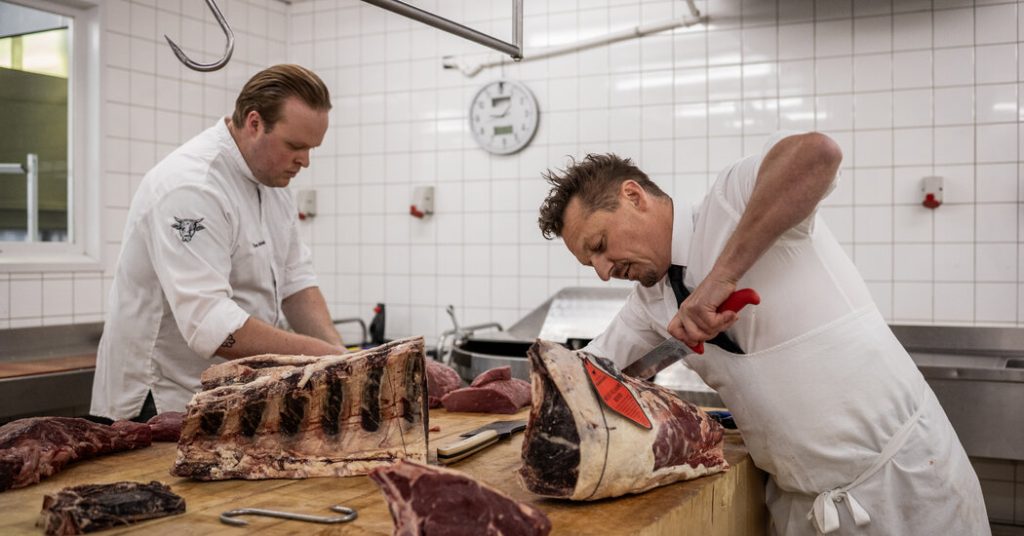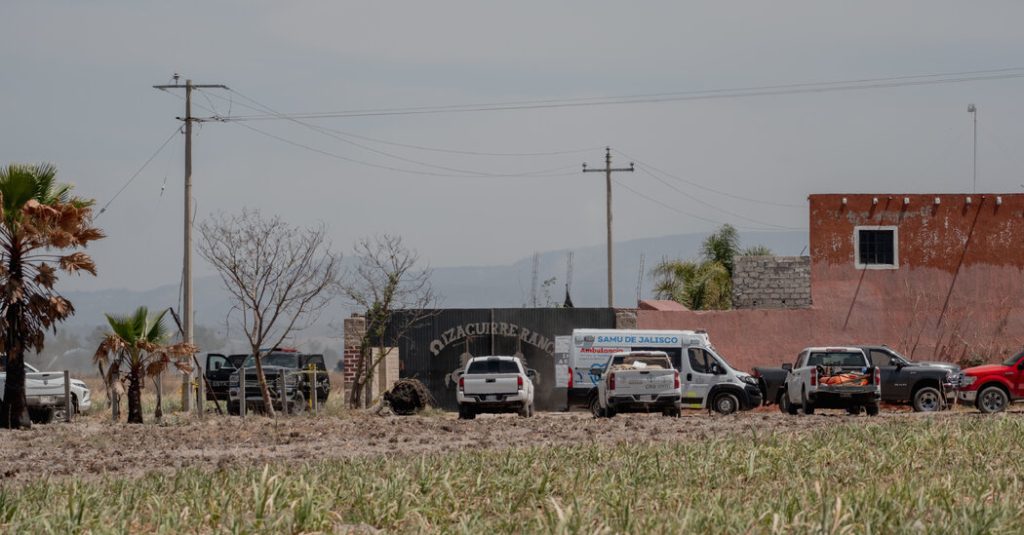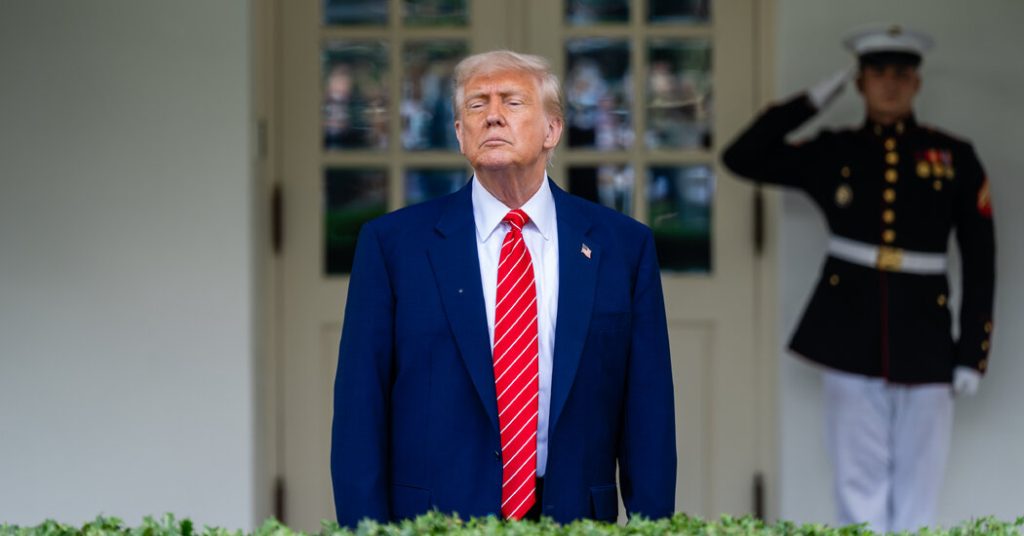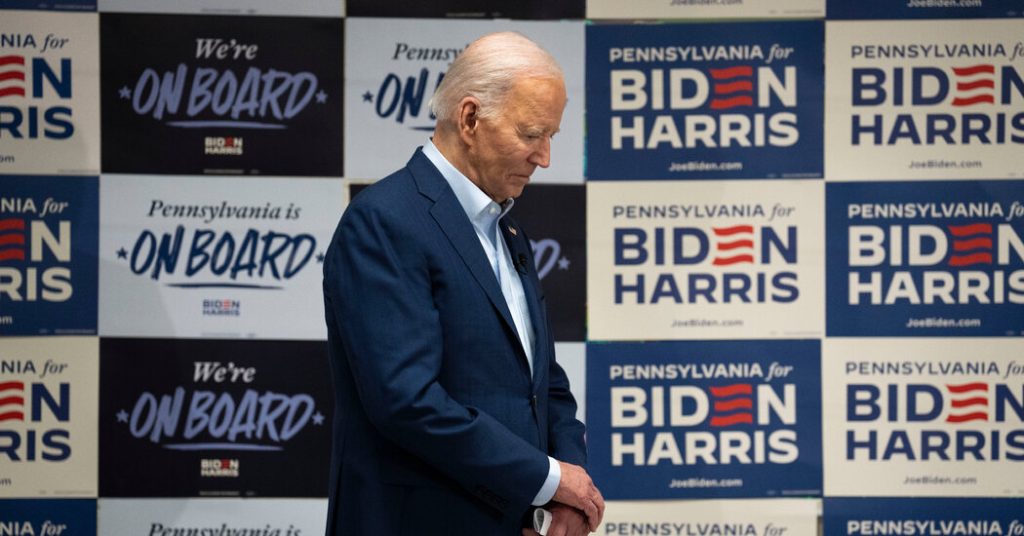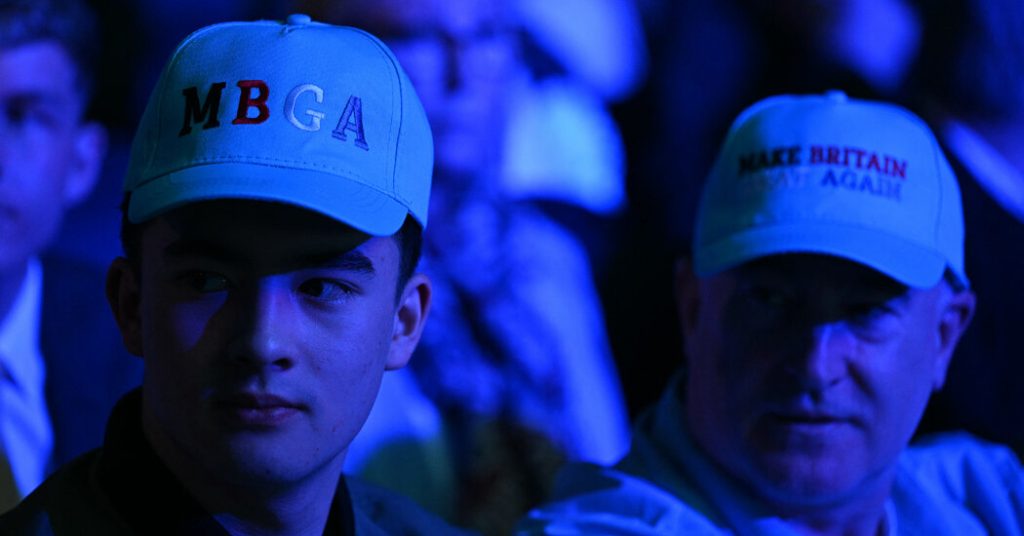Hendrik Dierendonck, a second-generation butcher who has become, as he describes it, “world famous in Belgium” for his curated local beef, thinks Europe’s way of raising cattle results in varied and delicious cuts that European consumers prize.
“They want hormone-free, grass-fed,” Mr. Dierendonck explained recently as he cut steaks at a bloody chopping block in his Michelin-starred restaurant, which backs onto the butchery his father started in the 1970s. “They want to know where it came from.”
Strict European Union food regulations, including a ban on hormones, govern Mr. Dierendonck’s work. And those rules could turn into a trade-war sticking point. The Trump administration argues that American meat, produced without similar regulations, is better — and wants Europe to buy more of it, and other American farm products.
“They hate our beef because our beef is beautiful,” Howard Lutnick, the commerce secretary, said in a televised interview last month. “And theirs is weak.”
Questions of beauty and strength aside, the administration is right about one thing: European policymakers are not keen on allowing more hormone-raised American steaks and burgers into the European Union.
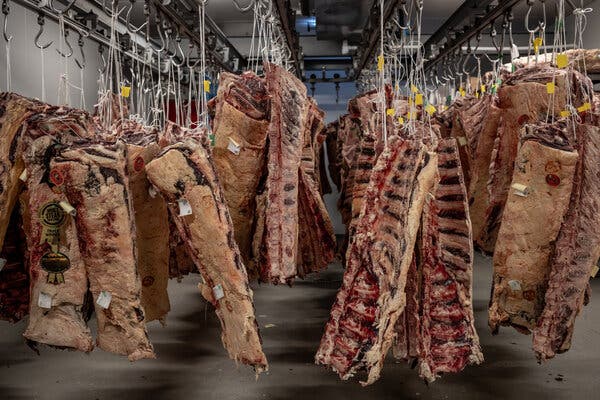
Sides of beef at one of the Dierendonck meat production plants in Veurne, Belgium.Credit…Jim Huylebroek for The New York Times

